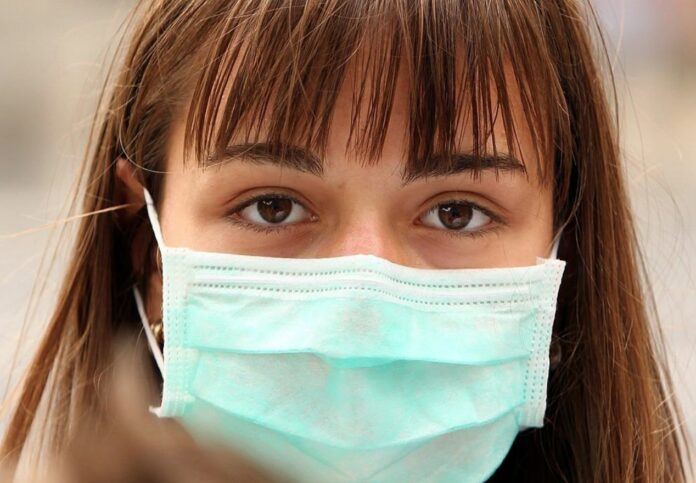Along with adapting to life with COVID-19, we must be ready to identify and manage the wide range of disorders that have been associated with it.
Having diabetes causes the pancreas to stop making enough insulin, a hormone that controls glucose and amino acid levels in the blood, wreaking havoc on normal metabolic and metabolic process function.
Diabetes may wreak havoc on important organs and blood arteries, putting diabetics at increased risk for heart attack and stroke.
About 26 million people in the United States have this disease.
Emerging evidence suggests that Covid-19 may not only worsen a coronavirus infection in individuals with diabetes, but also trigger the onset of the chronic condition in some people.
In this new study, researchers at the Smidt Heart Institute at Cedars-Sinai confirmed that people who have had COVID-19 are more likely to get new-onset diabetes.
The findings of the study “verify that the risk of developing Type 2 diabetes after a COVID-19 infection was not just an early observation but, in fact, a real risk,” points out first author Alan Kwan, “that has, unfortunately, persisted through the Omicron era.”
Kwan notes this is a worrying trend since almost everyone in the US will get COVID-19 at some point in their lives.
“This research study helps us understand—and better prepare for—the post-COVID-19 era of cardiovascular risk,” Kwan adds.
The results, which were published today in the journal JAMA Network Open, also imply that the risk of Type 2 diabetes may be reduced in those who had had a COVID-19 vaccination before contracting the infection.
Researchers looked at the medical records of 23,709 adults who had at least one COVID-19 infection and were treated at the Cedars-Sinai Health System in Los Angeles from 2020 to 2022 to find out why the rates of diabetes were going up. The average age of patients was 47, and women made up 54% of the study’s participants.
While the research was in progress:
- Overall, the risk of Type 2 diabetes after COVID-19 infection—accounting for both vaccinated and unvaccinated patients—was 2.1%, with 70% occurring after COVID-19 infection versus 30% happening prior to COVID-19 exposure.
- The risk of Type 2 diabetes after COVID-19 exposure for unvaccinated patients was 2.7%, with 74% occurring after COVID-19 infection versus 26% happening prior to COVID-19 exposure.
- The risk of Type 2 diabetes after COVID-19 exposure for vaccinated patients was 1.0%, with 51% occurring after COVID-19 infection versus 49% happening prior to COVID-19 exposure.
According to Kwan’s findings, COVID-19 immunization before infection may have a protective impact against the likelihood of developing diabetes.
“Although further studies are needed to validate this hypothesis, we remain steadfast in our belief that COVID-19 vaccination remains an important tool in protecting against COVID-19 and the still-uncertain risks that people may experience during the post-infection period.”
According to senior author Susan Cheng, these findings deepen medical knowledge of COVID-19’s effects on the body while also raising questions that have not yet been resolved.
“Although we don’t yet know for certain, the trends and patterns that we see in the data suggest that COVID-19 infection could be acting in certain settings like a disease accelerator, amplifying risk for a diagnosis that individuals might have otherwise received later in life,” adds Cheng
“So, it could be that instead of being diagnosed with diabetes by age 65, a person with preexisting risk for diabetes might—after a COVID-19 infection—be more likely to develop diabetes by age 45 or 55.”
Source: 10.1001/jamanetworkopen.2022.55965
Image Credit: Getty
